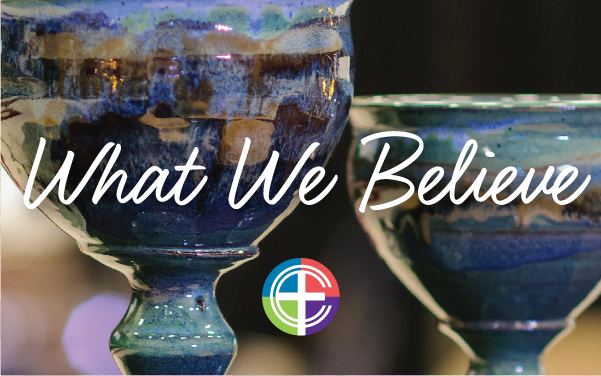Lenten Sermon Series: The Marks of Discipleship
Overview: What does a follower of Jesus look like? You certainly can’t tell by outward appearance, ethnic background or family heritage. God is always about the heart of the believer which the Bible characterizes with these Marks of Discipleship.
February 22 • Worship
Hebrews 10:19–25 (NIV); Mark 12:24–34 (NIV)
We have said often that the most important thing that we do is worship. In that weekly gathering, the saints gather with other brothers and sisters in Christ to praise God’s holy name, hear his Word and share in the sacraments. Every other Mark of Discipleship flows from the greatest commandment to love the Lord your God with all your heart and soul and strength and mind.
Click here for this week's Sneak Peek!
March 1 • Devotion
Luke 5:15–16; Psalm 92:1–8
Can you imagine having a close, personal and intimate relationship with your spouse if you never carve out time alone? The same is true with our relationship with God. During his busiest times, Jesus often carved out time to be alone with God in prayer, reflection and devotion. This Mark of Discipleship draws us into a deeper and personal love relationship with God.
March 8 • People
John 15
We were never created to go it alone. Our Christian identity has always been marked by living in community with other believers. Fellowship is the place to share life together, receive honest feedback, experience grace, engage in faithful living and enjoy the blessings of life. Over 50 times in the New Testament we are called to be together and lift up one another.
March 15 • Service
Matthew 25:31–45; Philippians 2:1–11
For the believer, service is a non-negotiable Mark of Discipleship. Jesus made that abundantly clear as he used himself as the example. “The Son of Man came not to be served, but to serve and to give his life as a ransom to others.” You don’t have to do everything, but you have to do something — something that flows from faith, something that asks nothing in return, something for no recognition. So, what is your something?
March 22 • Stuff
Mark 10:34–40; Acts 12:1–2; 2 Corinthians 11:21–31
Stuff happens — divorce, illness, heartache, addictions, bankruptcy — stuff happens. For Christians, perhaps even more so. The world, the devil and all the empty promises run completely counter to the Gospel. Jesus warned his followers, “In this world, you will have troubles.” But then he gives this word of encouragement, “But take heart for I have overcome the world!” This Mark of Discipleship is not whether or not stuff happens, but how our faith gives us strength and hope to meet the days ahead.




